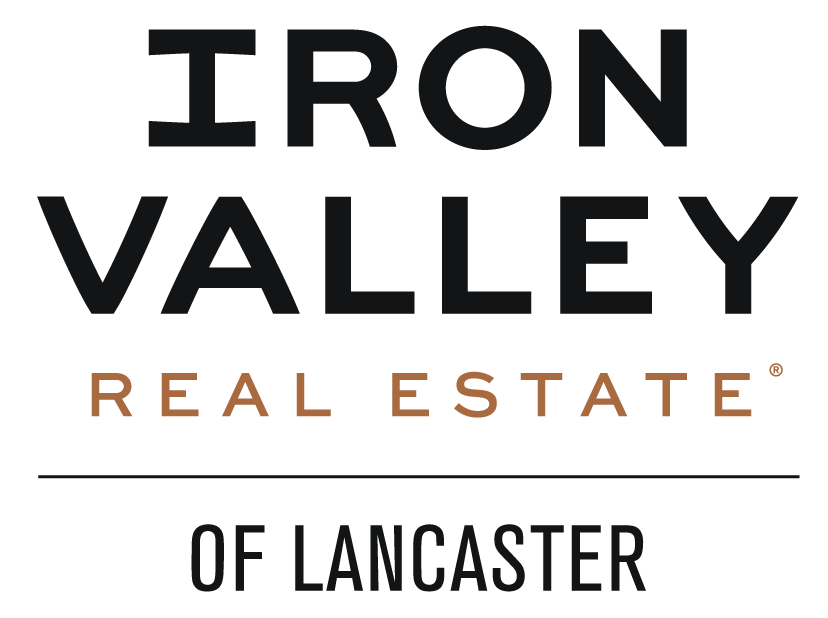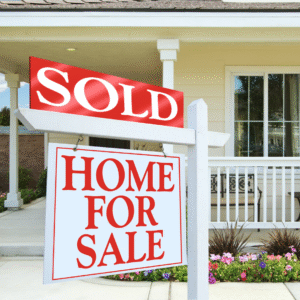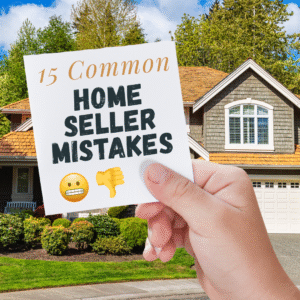No one likes to be called weak! Unfortunately, in this housing market, buyers with good financing and a large down payment are called “strong” buyers. So, on the flip side, those without great financing or much money to work with are “weak” buyers. All this refers to is the strength of their ability to purchase a home.
What does a “weak” buyer mean? First, there are several different types of home mortgages available. Buyers with lower credit scores, higher debt to income ratios, and less money to put down often only qualify for government loans (such as FHA loans). This is often a negative when buying a home because the appraisers for these loans are strict. They can call for repairs to be made on the home by the seller before the loan is granted. The loan is not approved until all repairs are completed by the seller and confirmed by the appraiser.
In addition, a buyer who is only putting down 3.5% (versus someone putting down 10% or more) shows that they have less money to work with. If a hiccup comes along in their finances, an unexpected expense, etc., it could affect their ability to close on their home. They may also need seller help with their closing costs, which means more money out of the seller’s pocket. On top of that, if they have lower credit scores and more debt, it could signal the seller that this buyer may not be able to keep their financial commitment.
So, put all of this together when writing an offer on a house, and a “weak” buyer usually has no chance against a “strong” buyer. With multiple offer situations still occurring on most homes, this makes it very challenging to win out on a home when you’re coming in with less than stellar terms. What can you do then to find a home?
- Only look at homes that have been on the market for at least 7 days. If it’s a hot property that just came out with tons of interest, don’t even go look at it. Most desirable homes are listed at the end of the week with offer deadlines on Monday or Tuesday. Multiple offers pour in, often with bidding wars. This is not a situation you can win in. It’s just a fact. Your realtor should be watching listings and guiding you to ones that have been sitting for at least a week.
- Be willing to look at homes that need cosmetic work. The homes that sell the fastest are the pretty ones. You don’t have money for large repair items, but you can live in a “grandma” home that is solid and fix it up over time. Paint the walls, pull up old carpet and refinish the hardwood floors underneath, etc. If you’re willing to put in some sweat equity, you will have more homes available to write an offer on.
- Consider less desirable homes. This may mean ones with limited parking, no garage space, a hill for a yard, an odd layout, etc. Less than ideal homes often stay on the market longer and sellers get antsy to get them sold. If you can put up with on street parking or weird bedroom space, you will have more opportunities to find a home.
- Give up your ideal of a “dream” home. Remember that this home is a stepping stone to your dream home! This home may not have all the features you want. It may be a townhouse versus a detached home. It may have less yard space than you want, etc. This home though is your key to building equity so that you can buy your dream home in a few years! It’s okay to start with “just okay” so you can buy what you want in a few years.
In all of these points, the bottom line is finding a seller who is motivated! When no offers come in with our fast market, the seller begins to get worried. These are the kinds of sellers who are willing to take a chance with a “weak” buyer. These are the kinds of sellers you want to look for.
Do you have questions on what strategy to use to find a house? Let’s chat! https://lisagrahamrealtor.com/contact/








 By Launch Kits
By Launch Kits